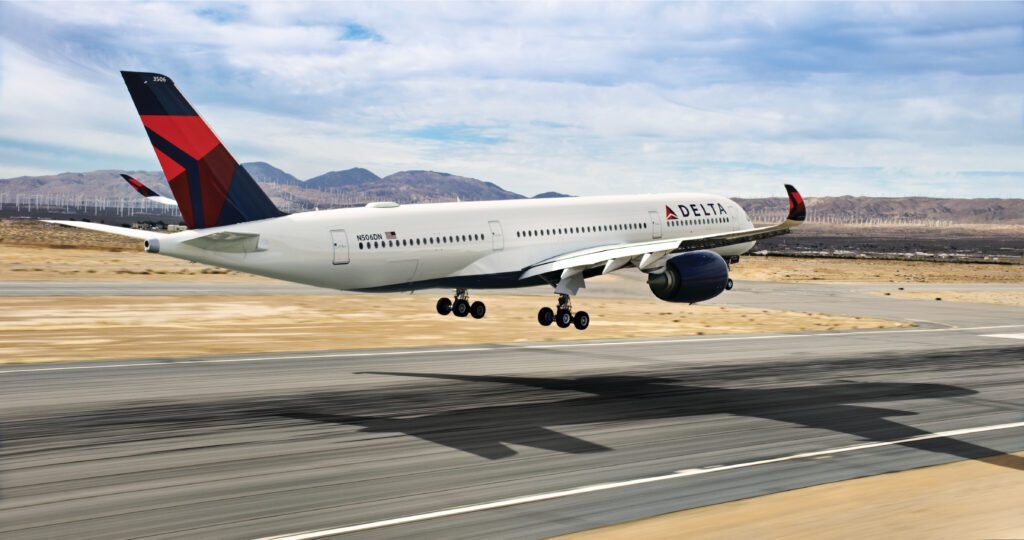The Impact Of Big Money On Television Production And Quality

Welcome to your ultimate source for breaking news, trending updates, and in-depth stories from around the world. Whether it's politics, technology, entertainment, sports, or lifestyle, we bring you real-time updates that keep you informed and ahead of the curve.
Our team works tirelessly to ensure you never miss a moment. From the latest developments in global events to the most talked-about topics on social media, our news platform is designed to deliver accurate and timely information, all in one place.
Stay in the know and join thousands of readers who trust us for reliable, up-to-date content. Explore our expertly curated articles and dive deeper into the stories that matter to you. Visit Best Website now and be part of the conversation. Don't miss out on the headlines that shape our world!
Table of Contents
The Impact of Big Money on Television Production: A Blessing or a Curse?
The television landscape has undergone a dramatic transformation in recent years, fueled by the influx of big money from streaming giants and deep-pocketed investors. While this influx has undoubtedly led to some spectacular productions with unparalleled production values, it's crucial to examine the multifaceted impact of this financial surge on the overall quality and creative freedom of television. Is big money a blessing, or has it inadvertently become a curse?
The Rise of High-Budget Spectacles:
One undeniable benefit of increased funding is the ability to create visually stunning and technically impressive shows. Series like House of the Dragon and The Lord of the Rings: The Rings of Power exemplify this trend, boasting breathtaking CGI, elaborate sets, and A-list casts. This investment allows for greater detail, realism, and overall cinematic quality, elevating the viewing experience for audiences accustomed to high production values. The abundance of resources also allows for more ambitious storytelling, encompassing complex narratives and expansive worlds.
The Creative Squeeze: Artistic Integrity vs. Financial Return:
However, the emphasis on maximizing return on investment (ROI) can inadvertently stifle creativity. Network executives and streaming platforms, under pressure to deliver hits, may prioritize proven formulas and commercially viable genres over riskier, more experimental projects. This can lead to a homogenization of content, with a focus on sequels, remakes, and franchises that guarantee a certain level of audience engagement. While safe bets ensure profitability, they may come at the cost of innovative storytelling and unique voices.
H2: The Changing Landscape of Television Writers' Rooms:
The financial pressures also extend to the creative teams behind the shows. The increased budget doesn't always translate to better pay and working conditions for writers, actors, and other crew members. Streaming services, known for their intense competition, might prioritize cost-cutting measures, impacting the overall creative process. The pressure to deliver quickly and efficiently can lead to burnout and compromise the quality of the final product. The ongoing writers' strikes in Hollywood highlight these very concerns.
H3: The Algorithm's Influence:
Furthermore, the rise of streaming platforms and algorithm-driven content delivery significantly impacts programming decisions. Data analytics play a crucial role in determining what gets greenlit and how shows are marketed. This data-driven approach, while efficient in identifying potential hits, can also lead to a focus on short-term gains, potentially overlooking projects with long-term artistic merit. The fear of low viewership numbers, especially in the early stages, can lead to premature cancellations, even for shows with significant potential.
H2: The Future of Television: Finding a Balance:
The influx of big money into television production presents a complex dilemma. While it allows for spectacular productions and fosters technological advancements, it also presents challenges regarding creative freedom, fair compensation for creatives, and the potential for homogenization. The future of television will depend on finding a balance between maximizing profit and nurturing artistic integrity. This requires a shift in priorities, prioritizing the quality of storytelling and the well-being of creative teams alongside financial success. We need to support independent productions and smaller networks that offer diverse perspectives and encourage creative risk-taking. Only then can we ensure the long-term health and vibrancy of the television industry.
Call to Action: What are your thoughts on the impact of big money on television? Share your opinions in the comments below!

Thank you for visiting our website, your trusted source for the latest updates and in-depth coverage on The Impact Of Big Money On Television Production And Quality. We're committed to keeping you informed with timely and accurate information to meet your curiosity and needs.
If you have any questions, suggestions, or feedback, we'd love to hear from you. Your insights are valuable to us and help us improve to serve you better. Feel free to reach out through our contact page.
Don't forget to bookmark our website and check back regularly for the latest headlines and trending topics. See you next time, and thank you for being part of our growing community!
Featured Posts
-
 No Kings Anti Trump Rally A Guide To The Planned Protest On Presidents Birthday
Jun 08, 2025
No Kings Anti Trump Rally A Guide To The Planned Protest On Presidents Birthday
Jun 08, 2025 -
 Update On Bizzier Bees And Their Friendships
Jun 08, 2025
Update On Bizzier Bees And Their Friendships
Jun 08, 2025 -
 2024 Ncaa Baseball Super Regional Bracket Full Schedule And Predictions
Jun 08, 2025
2024 Ncaa Baseball Super Regional Bracket Full Schedule And Predictions
Jun 08, 2025 -
 Pet Friendly And Chic Joanna Gaines Elegant Rug Under 100
Jun 08, 2025
Pet Friendly And Chic Joanna Gaines Elegant Rug Under 100
Jun 08, 2025 -
 Passenger Frustration Mounts After Deltas Massive Flight Delay And Hotel Mishap
Jun 08, 2025
Passenger Frustration Mounts After Deltas Massive Flight Delay And Hotel Mishap
Jun 08, 2025
